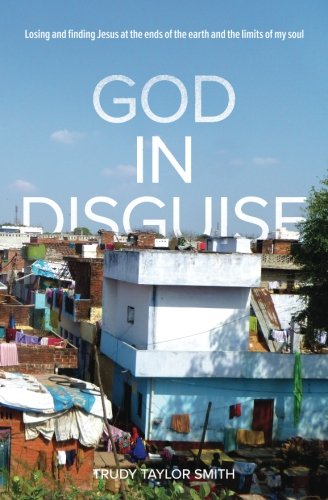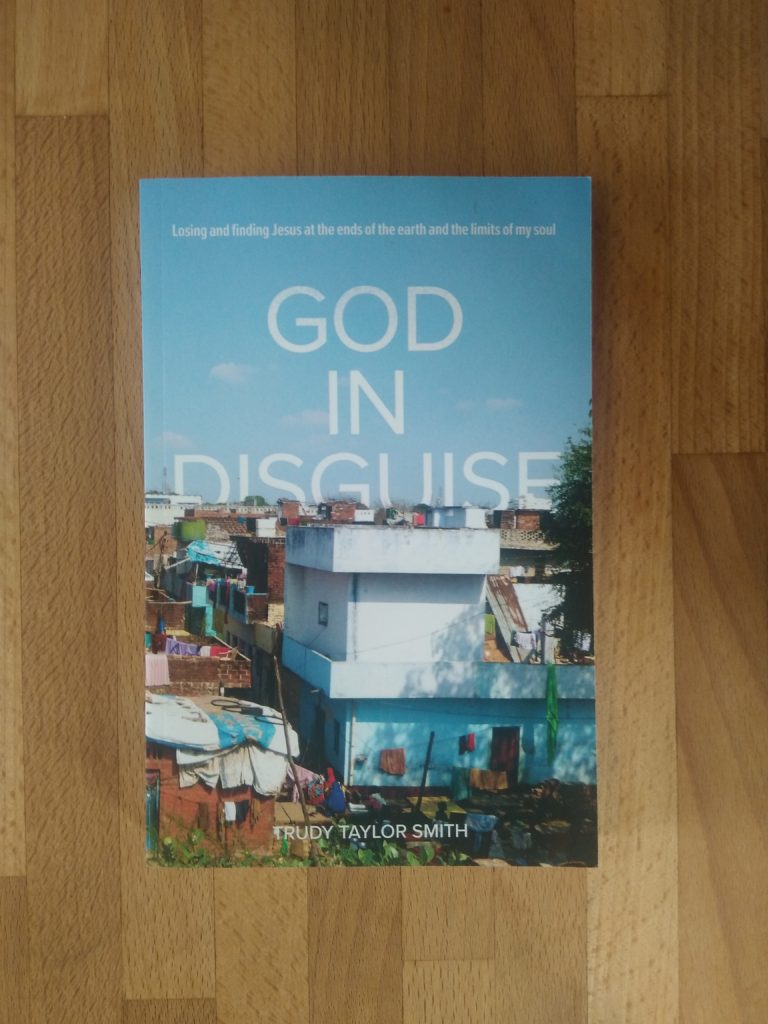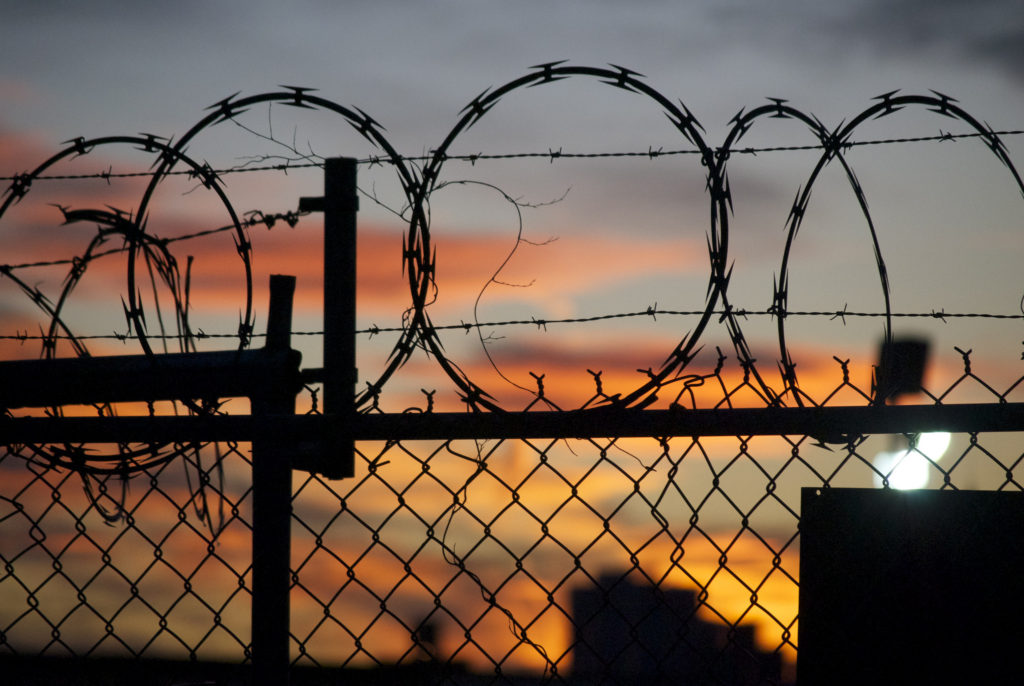Today I’m excited to share the book review of God in Disguise that was just posted on the Englewood Review of Books! It’s written by Kelly Treleaven, a fellow writer and a public school teacher who has a book of her own coming out next year that I can’t wait to read. Kelly and I went to high school together, but it’s only recently that we’ve discovered what kindred spirits we are, and have enjoyed getting to connect over writing, current events, spirituality, and the quirky experiences we both share from having grown up in the same small town. Kelly has a quick wit and the gift of being able to articulate both the profound and the hilarious aspects of life, and I am incredibly honored by her beautifully written review of my book! Here’s how it starts:
“As a teacher in the American South living in an upper middle class neighborhood and wrestling with my own religious identity, I didn’t expect to feel as personally moved as I did by an account from a Christian missionary seeking solidarity with the poor in India. But that’s exactly what good memoirs do, they connect: across continents, through spaces and experiences and beliefs. With admirable narrative dexterity and piercing vulnerability, Trudy Smith relates her spiritual and physical journey in a way that will reach those longing to hear God’s voice, especially those who may suspect they are unworthy of hearing it, incapable of interpreting it, or deaf to it altogether…”
Head on over to the Englewood Review of Books to read the rest.


